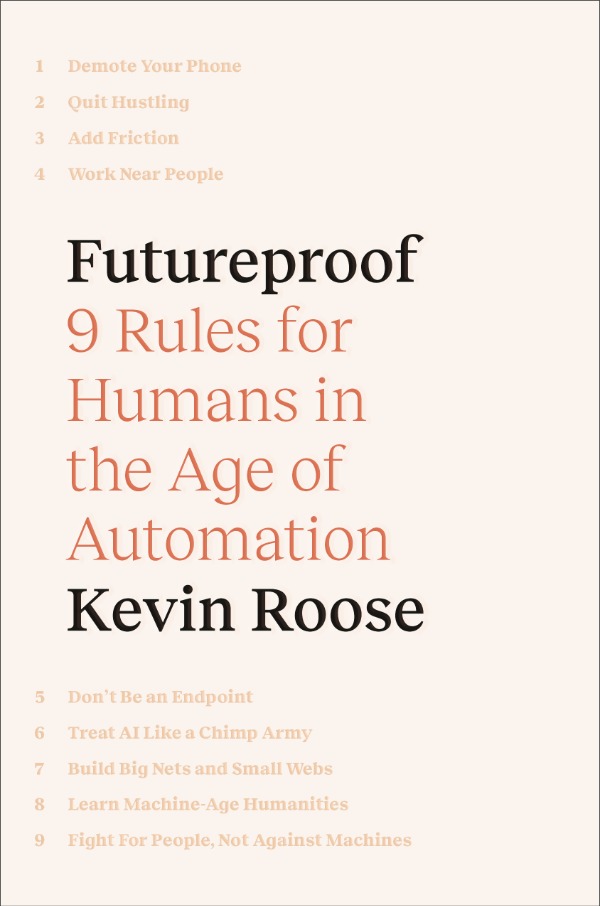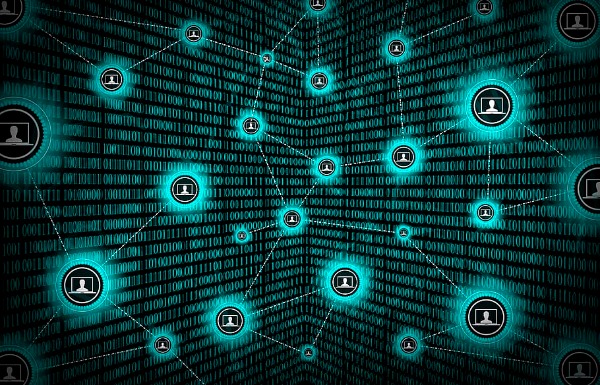The Pandemic's Educational Long Tail: Admissions Testing
 Reading on the Open Campus blog and earlier on the ACT blog got me thinking about how the long tail of this pandemic will be felt in education. One area that seems to be changed in the long term is admissions testing and perhaps testing for placement in general.
Reading on the Open Campus blog and earlier on the ACT blog got me thinking about how the long tail of this pandemic will be felt in education. One area that seems to be changed in the long term is admissions testing and perhaps testing for placement in general.
Many colleges have extended their test-optional policies that began last year into this year. Those schools include the entire Ivy League and big players like Stanford University and the University of Texas at Austin.
Most predictions have said that the SAT and the ACT will never return to the role they played, but colleges still need some way of assessing both if a student should be admitted and where they should be placed after admission.
For admissions, it seems that the two measures being used are the "rigor" of the classes that applicants took in high school and their grades in them.
The term "rigor" in education is difficult to determine. It is used to describe instruction, coursework, learning experiences, and expectations that are challenging. On a micro level, I might say that a multiple-choice test on a novel is not as rigorous as an essay test. But measuring rigor for a high school course at a distance by a college is difficult. Clearly, an honors junior English course at one high school is not equal to those at other schools.
What colleges have been doing is collecting data on students who already enrolled and comparing them to their high-school courses and grades. When they have enough data on a particular high school (starting with the highest sending schools), they can track the grade-point averages (GPA), freshman year success, and eventual degree completions of students from that particular school.
?Even when I applied to college in the last century, placement tests given at the college after admission played a much more significant role in my college course selection and path.
Besides helping to decide if a student is admitted to the college, these tests are supposed to measure readiness and predict success. One of those posts I read gives the example that 93% of test-optional applicants to Georgia Tech took calculus in high school, but that isn’t really part of the SAT’s math section. Since students will be required to have calculus, how useful is that SAT score?
We'll see what a few years of test-optional college admissions produce. As others have said, the pandemic will have a very long tail for higher education.

 I read that the American rock band Kings of Leon is getting in on NFTs (non-fungible tokens). They are not the first. I looked into this term which I was not familiar with and found that the artist Grimes sold a bunch of NFTs for nearly $6 million and an NFT of LeBron James making a historic dunk for the Lakers garnered more than $200,000. The auction house Christie's got bids in the millions for the artist Beeple.
I read that the American rock band Kings of Leon is getting in on NFTs (non-fungible tokens). They are not the first. I looked into this term which I was not familiar with and found that the artist Grimes sold a bunch of NFTs for nearly $6 million and an NFT of LeBron James making a historic dunk for the Lakers garnered more than $200,000. The auction house Christie's got bids in the millions for the artist Beeple.  The phrase "cancel culture" is showing up in the news more frequently. Cancel culture (or call-out culture) is the term sometimes used when someone is shut out of a social or professional group. This could be either online (particularly on social media), in the real world, or both. Those who are subject to this ostracism are said to be "canceled."
The phrase "cancel culture" is showing up in the news more frequently. Cancel culture (or call-out culture) is the term sometimes used when someone is shut out of a social or professional group. This could be either online (particularly on social media), in the real world, or both. Those who are subject to this ostracism are said to be "canceled."